© 2025 MJH Life Sciences™ , Patient Care Online – Primary Care News and Clinical Resources. All rights reserved.
10 Common Treatments, 10 Not-So-Common Applications
Some uncommon and perhaps surprising applications of common treatments are in the works.
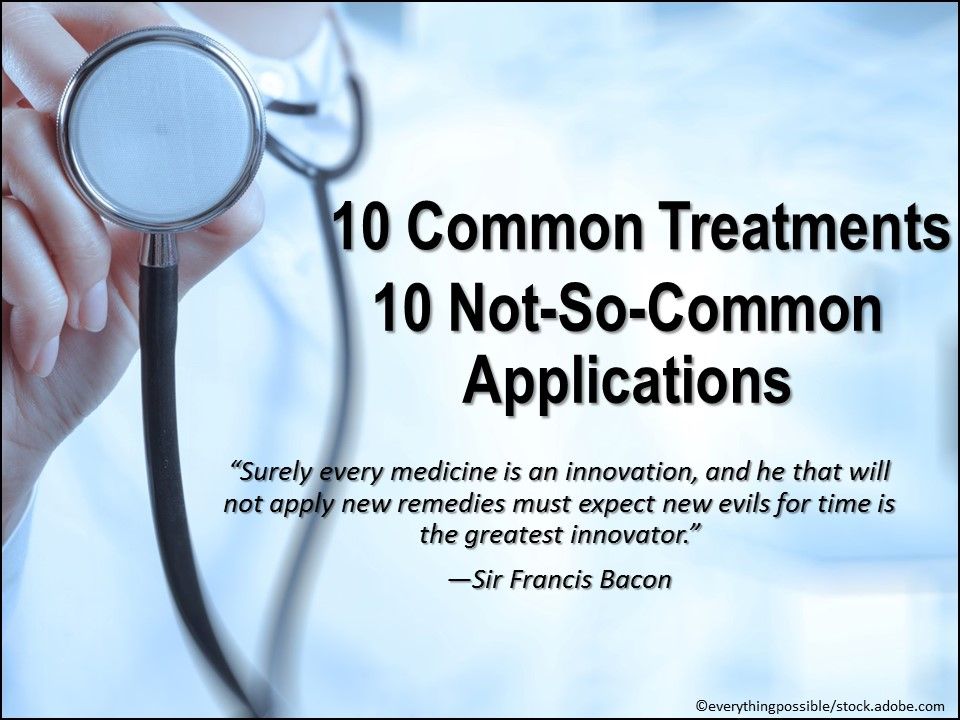
Aspirin may lower liver cancer risk, weight loss drug trims diabetes, gout drug to lessen kidney disease-these are just a few of the many recent study findings that reported on uncommon and perhaps surprising applications of common treatments that are in the works.
Click through the slideshow above to find concise summaries of the latest developments.
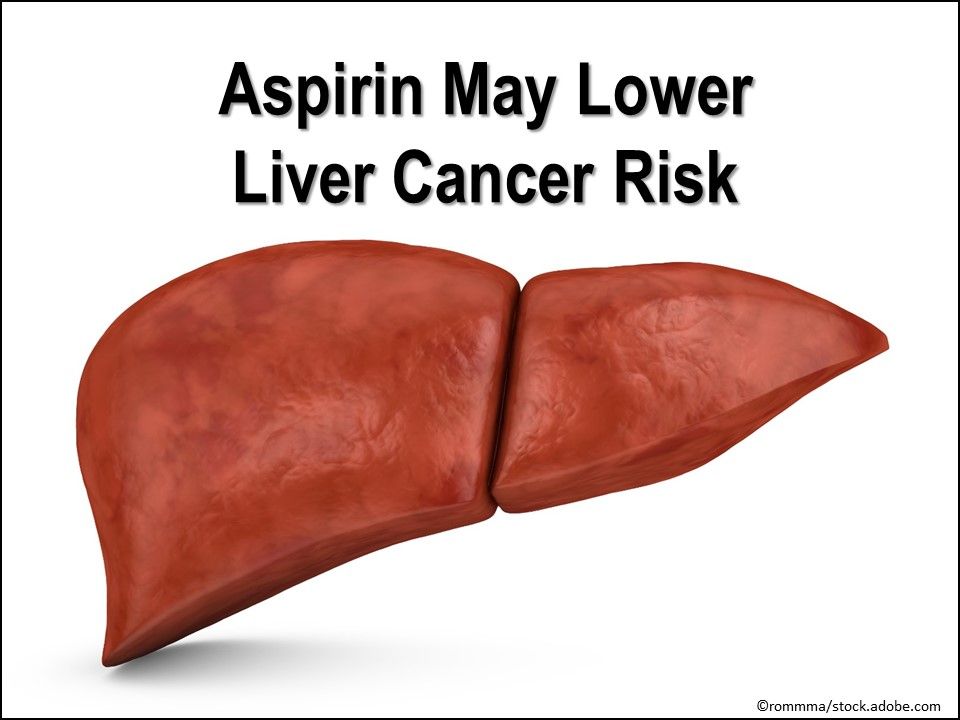
Aspirin may lower liver cancer risk. Patients with hepatocellular carcinoma (HCC), often treated with surgery, chemotherapy, or radiation, may have a new primary prevention option: Aspirin. Self-reported, regular use of standard dose (325 mg) aspirin tablets ≥2 times per week was associated with a significantly (49%) reduced risk of HCC in a population-based study. The observed benefit was dose and duration dependent and use of nonaspirin NSAIDs was not significantly associated with HCC risk.
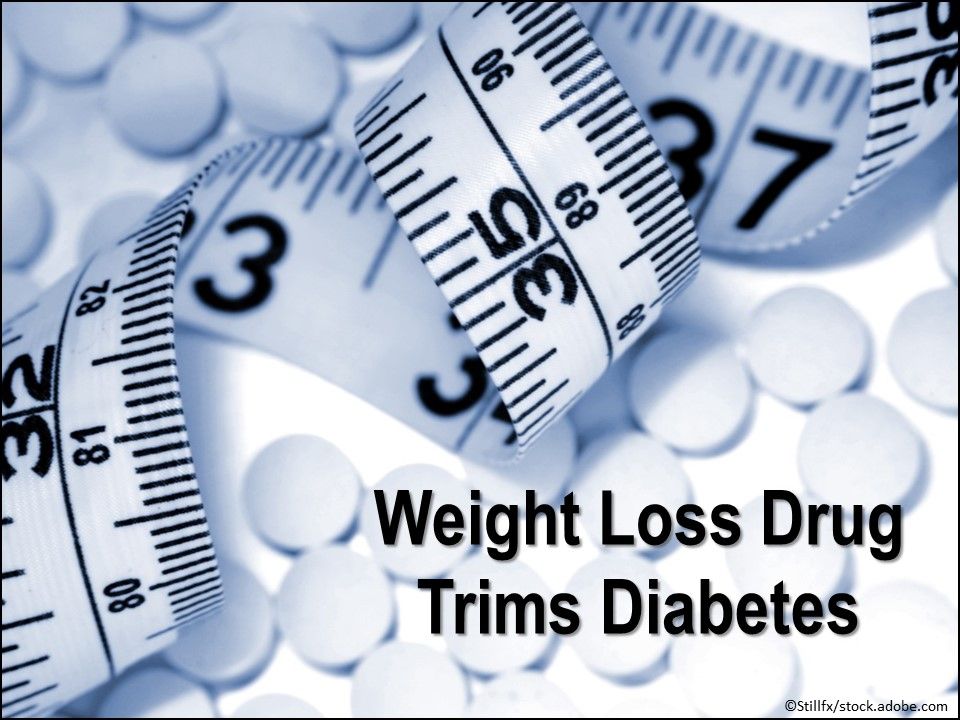
Weight loss drug trims diabetes. Lorcaserin, a selective serotonin 2C receptor agonist, suppresses appetite and facilitates sustained weight loss in obese and overweight patients, according to a recent study. The randomized, double-blind, placebo-controlled trial also found that lorcaserin lowered the risk of incident diabetes; induced remission of hyperglycemia; and reduced the risk of microvascular complications in these patients. The findings support lorcaserin as an adjunct to lifestyle modification for long-term weight and metabolic health management.
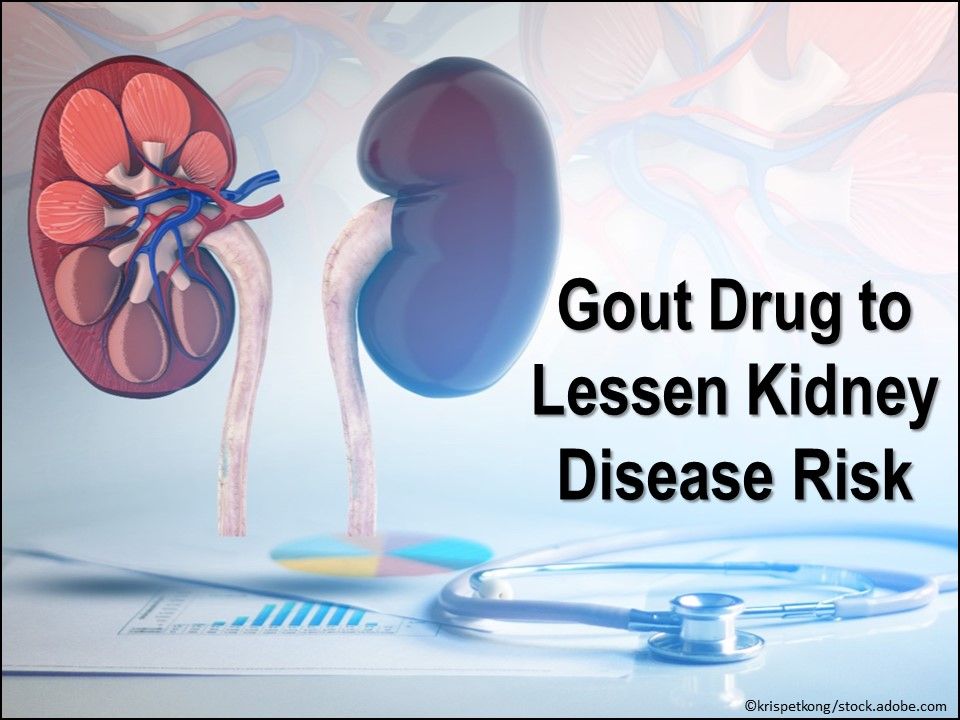
Gout drug to lessen kidney disease. Because clinicians often exercise caution in using allopurinol in patients with gout when renal function declines, researchers assessed the association of allopurinol use in gout with the risk of chronic kidney disease stage 3 or higher. Allopurinol initiation at ≥300 mg/day was associated with a lower risk of renal function deterioration, but at Ë300 mg/day was not. The researchers suggested clinicians consider other potential causes when gout patients have renal function decline.
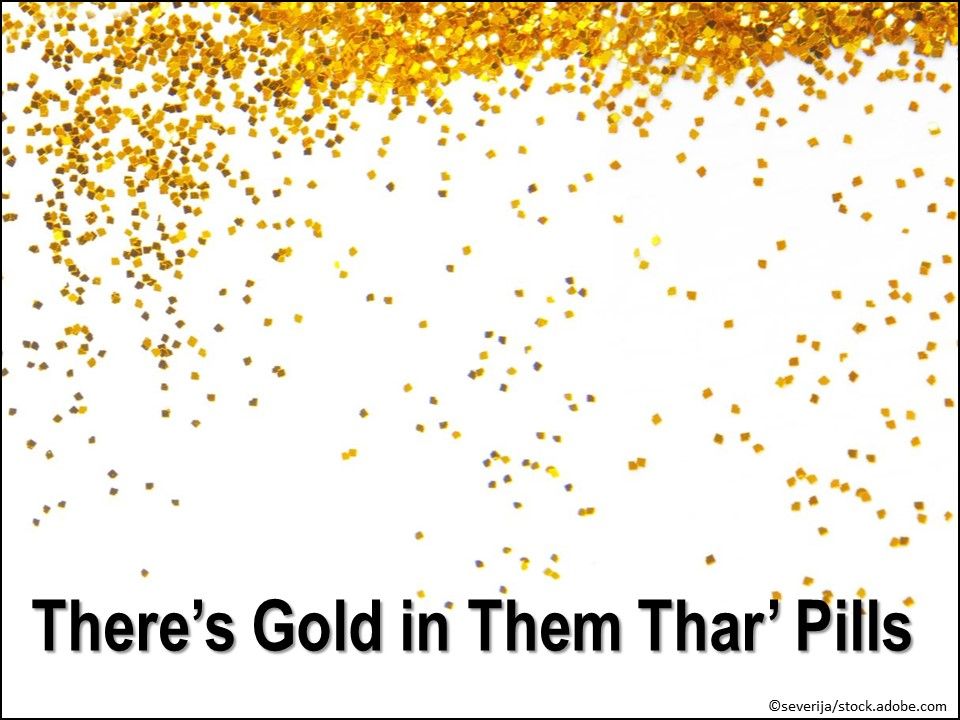
There’s gold in them thar pills. Gold therapy was an early treatment for rheumatoid arthritis, though its use has declined over the years. Now, gold may provide new therapies for chronic muscle diseases and common sports injuries. Harvard researchers demonstrated that IL-4–conjugated gold nanoparticles can be used to deliver a cytokine to direct proregenerative macrophage polarization after muscle injury in vivo, creating a polarization shift that promotes regeneration and increases muscle strength.
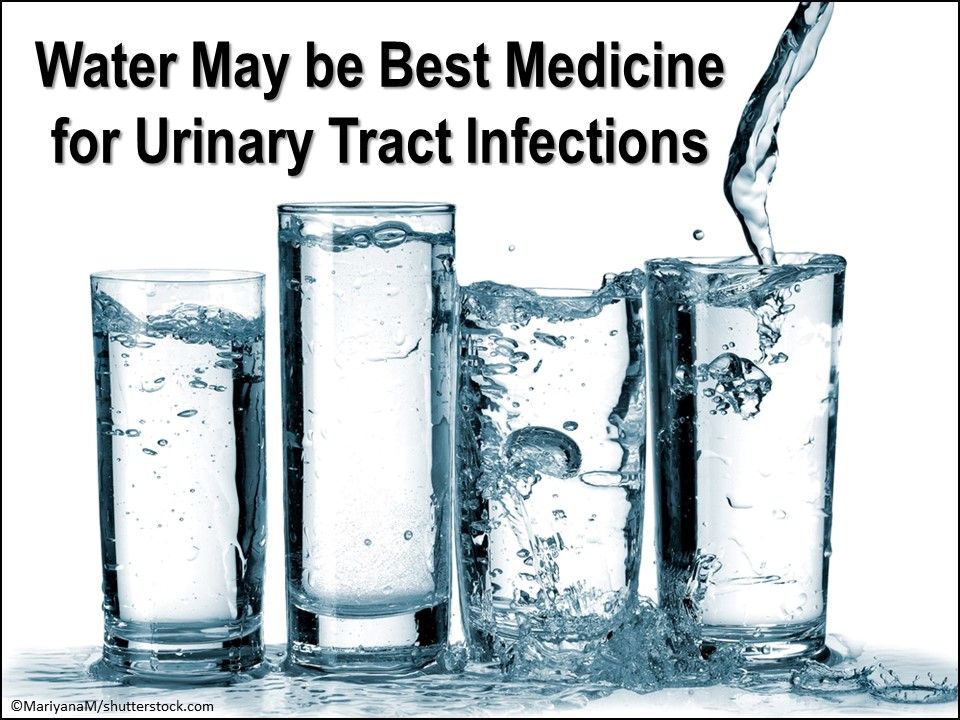
Water may be best medicine for urinary tract infections. Increased water intake is an effective antimicrobial-sparing strategy for preventing recurrent cystitis in premenopausal women at high risk for recurrence who drink low volumes of fluid. Among healthy women with recurrent cystitis who reported drinking <1.5 L of total fluid daily, cystitis episodes were significantly less frequent in those who drank more water for 12 months vs those who maintained their usual fluid intake.
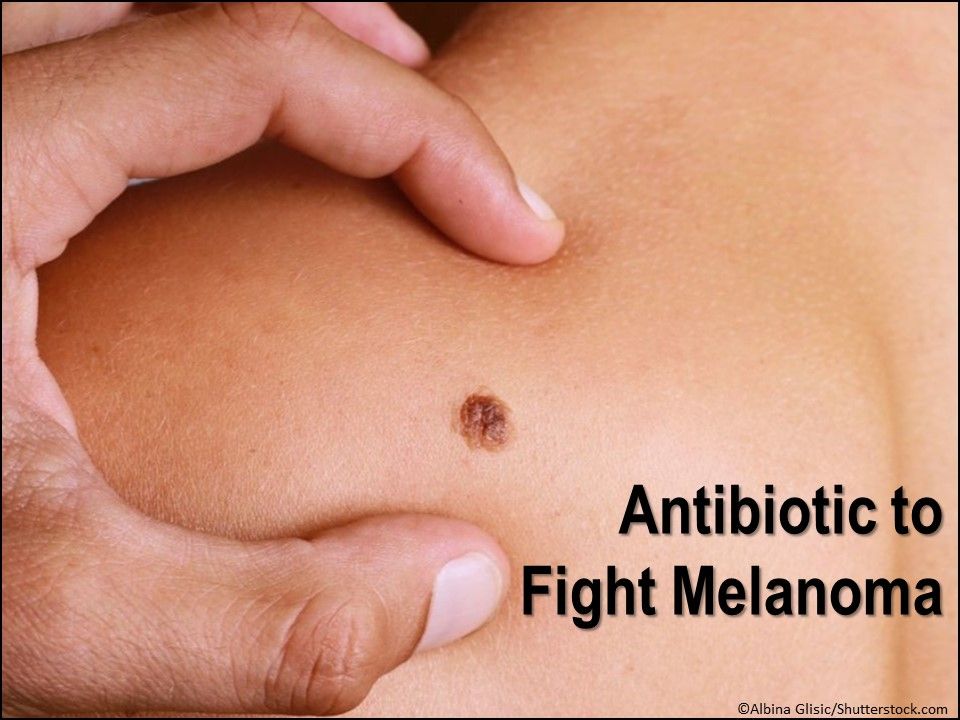
Antibiotic to fight melanoma. The 5-nitrofuran nifuroxazide, an antibiotic used to treat colitis and diarrhea, shows promise for complementing existing melanoma therapies. Researchers showed that 5-nitrofurans can be bio-activated by aldehyde dehydrogenase (ALDH) 1A1/1A3 enzymes that are highly expressed in a subpopulation of cancer-initiating cells. Authors of the study tested the effect of ALDH 1A1/1A3 on melanoma cells in mice and samples from human tumors and suggested that more research is needed.
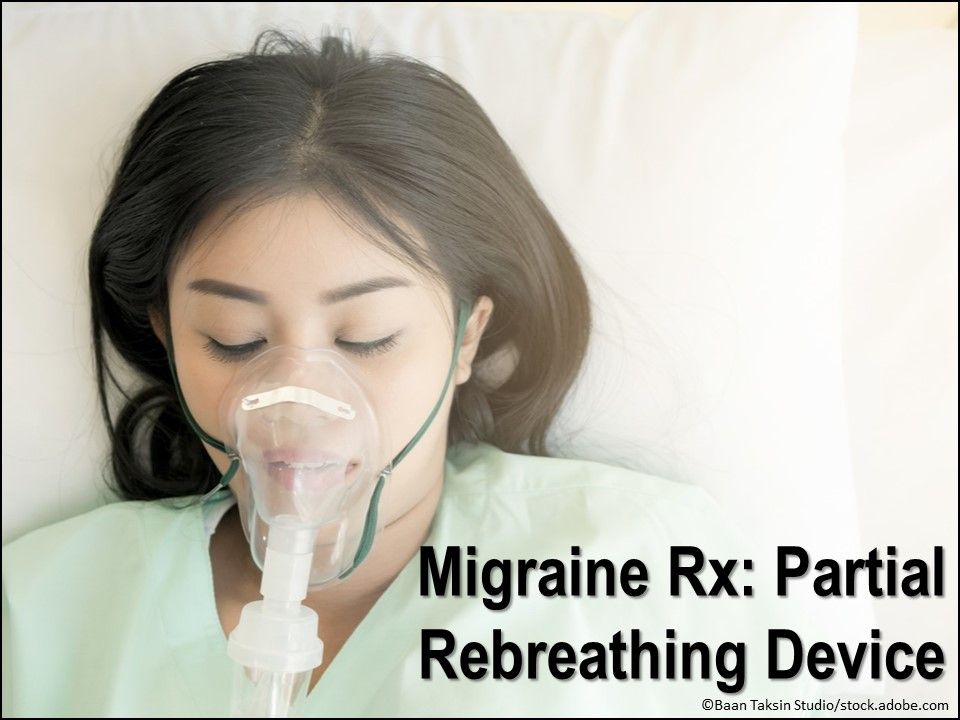
Migraine Rx: Partial rebreathing device. Normoxic hypercapnia, which increases brain oxygen delivery and thus aborts migraine attacks, may be induced with a partial rebreathing device. In adults who had migraine-with-aura, headache intensity difference between first aura symptoms and 2 hours after treatment did not reach statistical significance. However, the difference in percentage of attacks with pain relief at 2 hours and user satisfaction were significant. A marked efficacy increase was also seen from first to second time use.
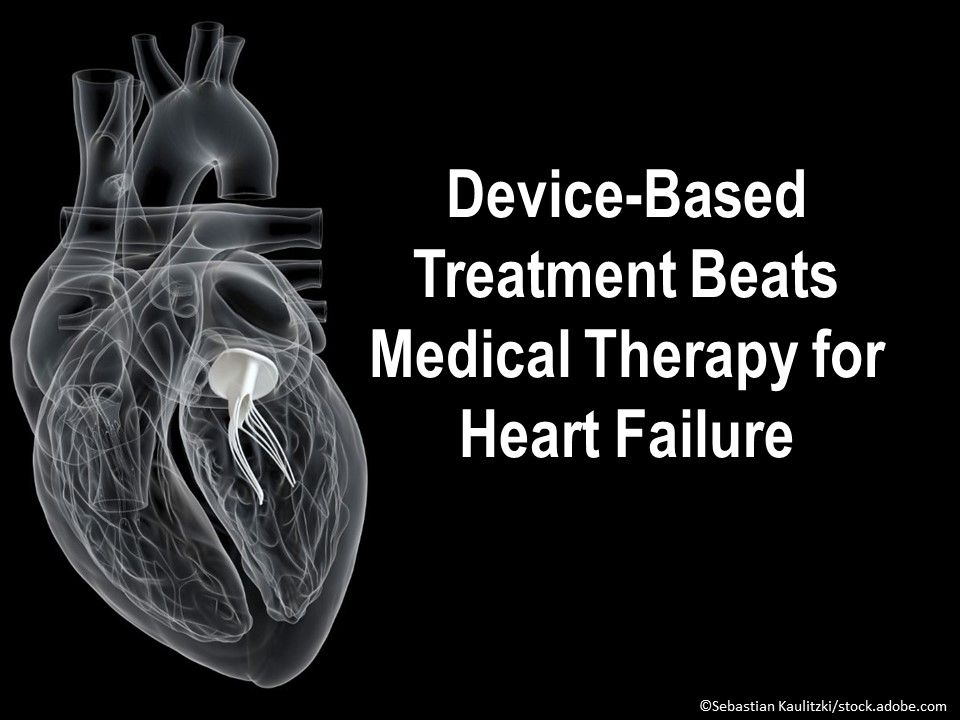
Device-based treatment beats medical therapy for heart failure. Transcatheter mitral-valve repair may improve clinical outcomes in patients with heart failure who have mitral regurgitation resulting from left ventricular dysfunction. The repair resulted in a lower rate of hospitalization for heart failure, lower mortality, and better quality of life and functional capacity within 24 months of follow-up vs medical therapy alone. Also, a prespecified goal for freedom from device-related complications was met.
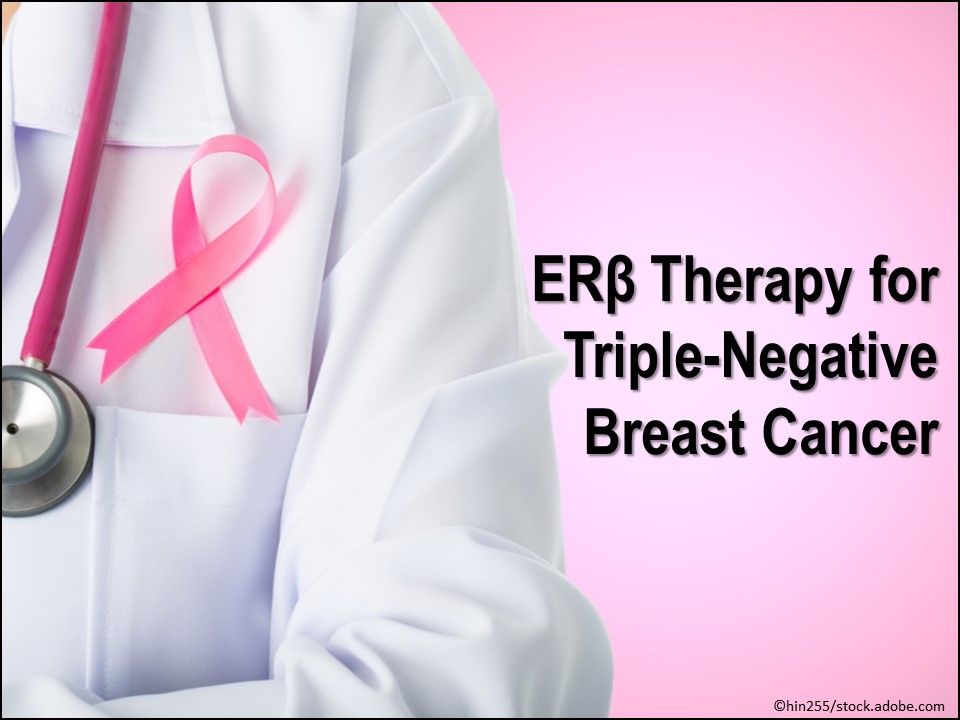
ERβ therapy for triple-negative breast cancer. Triple-negative breast cancer (TNBC) may be treated with chemotherapy, radiation therapy, or non-HER2 targeted therapy. Now estrogen receptor beta (ERβ)–targeted therapies may represent a treatment option for the subset of women with ERβ-expressing TNBC. Researchers showed that therapeutic activation of ERβ, a well-characterized tumor suppressor, elicits potent anticancer effects in TNBC through the induction of the cystatin family of secreted proteins.
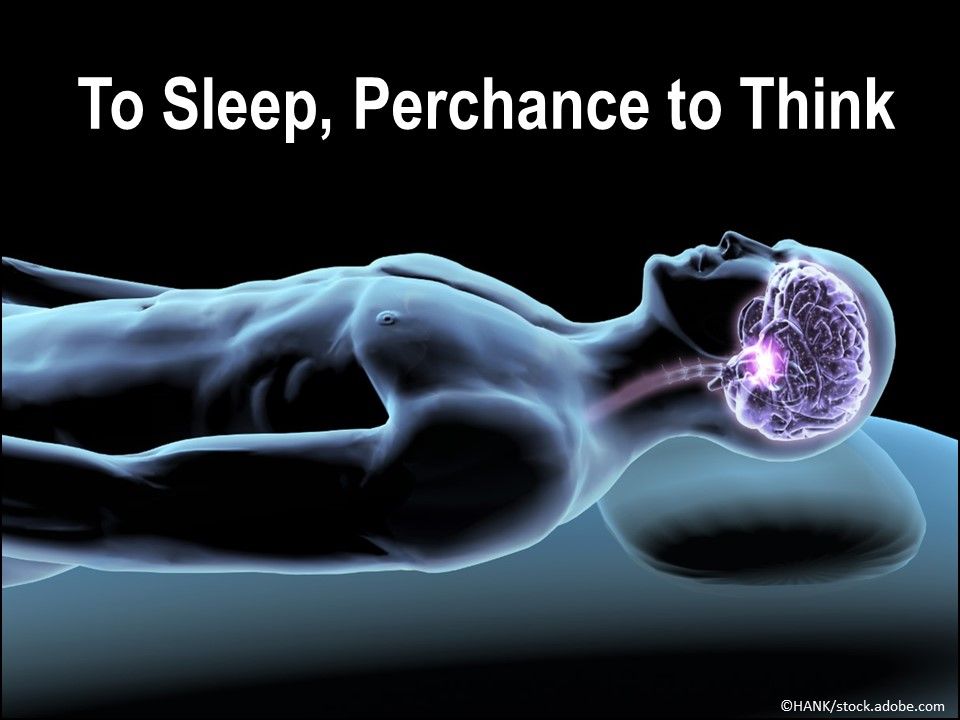
To sleep, perchance to think. A new Rx for cognitive enhancement: Take a nap! Investigators assessed sleepâmediated effects on reactions to implicitly presented primes by asking 16 healthy participants to perform an Affective Priming Task pre-and-post 90 minutes of sleep, which was compared to an equal period of wakefulness. Reaction times improved significantly across all prime types after sleep but not an equal period of wake. Understanding how sleepârelated information processing affects behavior may lead to targeted cognitive enhancement to improve quality of life.
